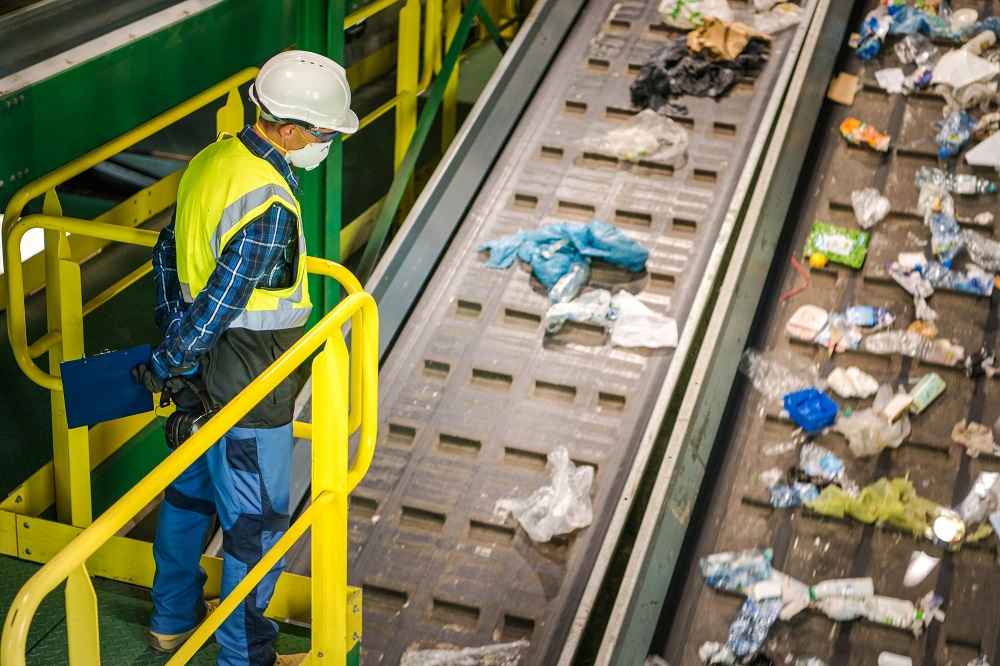Facility management is a critical aspect of running a successful enterprise, encompassing the management and maintenance of physical assets, infrastructure, and services. In today’s dynamic business environment, effective facility management plays a vital role in optimizing operational efficiency, ensuring employee productivity, and enhancing the overall workplace experience. In this article, we delve into the importance of enterprise facility management and explore key strategies for maximizing its benefits.
Understanding Facility Management
Facility management involves the coordination of various elements within an organization’s built environment to ensure functionality, safety, and efficiency. It encompasses a wide range of activities, including building maintenance, space planning, security management, and environmental sustainability. Effective facility management aims to create an optimal workplace environment that supports the organization’s objectives and enhances the well-being of its occupants. By proactively addressing facility-related issues and implementing strategic solutions, enterprises can improve operational performance and mitigate risks associated with facility downtime or disruptions.
Key Components of Facility Management
Maintenance and Repairs
Maintenance and repairs are fundamental aspects of facility management, involving the upkeep and preservation of physical assets such as buildings, equipment, and infrastructure. Preventive maintenance programs help identify and address potential issues before they escalate into costly problems, ensuring the reliability and longevity of assets. Timely repairs and renovations are also essential for maintaining a safe and functional work environment, minimizing disruptions to business operations, and preserving the value of investments in facility infrastructure.
Space Management
Space management entails the efficient utilization of available space within an organization’s facilities to meet operational needs and support business objectives. This includes space planning, allocation, and optimization to maximize productivity, collaboration, and employee satisfaction. Through effective space management practices, enterprises can streamline workflows, minimize wasted space, and adapt to changing business requirements, ultimately enhancing organizational agility and competitiveness.
Health and Safety Compliance
Ensuring health and safety compliance is a core responsibility of facility management, encompassing regulatory requirements, building codes, and industry standards related to occupational health, fire safety, and environmental protection. By implementing robust safety protocols, conducting regular inspections, and providing training to employees, organizations can create a secure work environment that prioritizes the well-being of personnel and minimizes the risk of accidents or incidents.
Sustainability Initiatives
Sustainability initiatives are increasingly becoming integral to facility management practices, driven by environmental concerns, regulatory mandates, and corporate social responsibility objectives. Enterprises are adopting sustainable practices such as energy conservation, waste reduction, and green building design to minimize their environmental footprint and promote resource efficiency. By incorporating sustainable principles into facility management strategies, organizations can reduce operating costs, enhance brand reputation, and contribute to a more environmentally sustainable future.
Leveraging Technology in Facility Management
Advancements in technology are transforming the field of facility management, offering innovative solutions for improving operational efficiency, enhancing asset performance, and optimizing resource allocation. Integrated facility management software platforms provide centralized tools for managing maintenance activities, tracking asset performance, and analyzing data to inform strategic decision-making. IoT-enabled sensors and predictive analytics allow for real-time monitoring of building systems, enabling proactive maintenance and energy optimization. Mobile applications and digital platforms facilitate communication and collaboration among facility management teams, contractors, and stakeholders, streamlining workflows and improving responsiveness to facility-related issues.
Conclusion
Effective facility management is essential for maximizing the performance, sustainability, and resilience of enterprise facilities. By prioritizing maintenance and repairs, optimizing space utilization, ensuring health and safety compliance, and embracing sustainability initiatives, organizations can create safe, productive, and environmentally responsible workplaces. Leveraging technology solutions empowers facility managers to streamline operations, enhance asset performance, and drive continuous improvement in facility management practices. As enterprises navigate evolving business challenges and opportunities, strategic facility management remains a cornerstone of operational success and organizational excellence.


